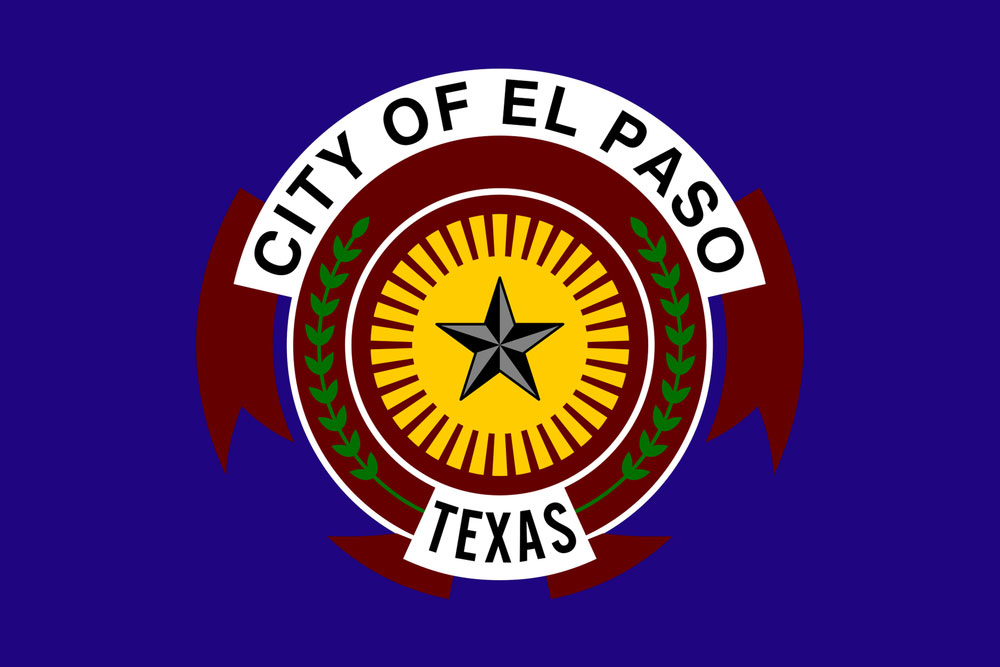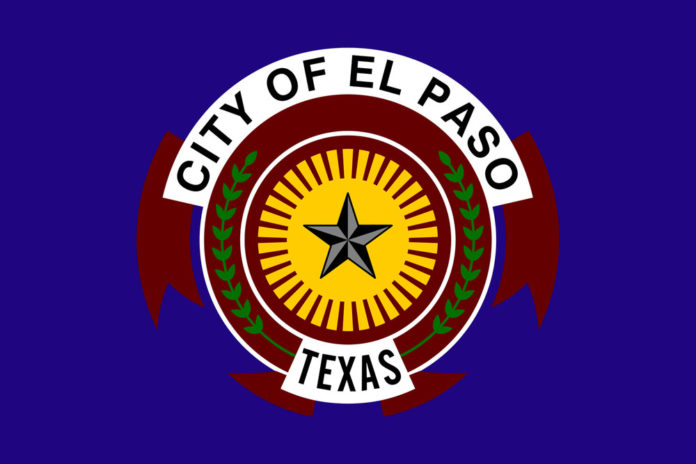Law enforcement officers are partnering with a substance abuse treatment provider in El Paso, Texas to encourage local residents to turn in unused or expired prescription medications.
A community-based nonprofit organization called Aliviane and the El Paso Police Department are distributing drug deactivation and disposal bags.
Aliviane provides multiple tiers of services to assist residents who have substance use disorders. In addition to having a residential substance abuse treatment program for women with children, the provider also operates a methadone clinic and offers outpatient services for teens and adults. Recovery services are holistically-based and include peer support. Intervention and prevention efforts focus on drug education and helping people with co-occuring mental health disorders and those who are at risk of becoming homeless.
The bags, such as those developed by Verde Technologies, work in the following way: after people fill the bag with unused or expired medication, they add warm water and seal the bag. A water-soluble substance is then activated and releases chemicals such as carbon, which neutralizes the ingredients present in the drugs.
The drug collection bags can be picked up by the public for free from any city police department regional command center location.
One common avenue to safely dispose of medication is through the U.S. Drug Enforcement Administration’s (DEA) National Prescription Drug Take-Back events. DEA officials reported that the most recent take-back event resulted in the collection of more than 949,000 pounds of medication nationwide. Texas reported the highest number of returned drugs. Nearly 83,000 pounds were collected at 343 sites across the state and 302 law enforcement partners participated in the event. Since the event’s inception, the DEA has collected more than 9 million pounds of medication.
The U.S. Food and Drug Administration (FDA) also has a list of specific recommendations for the proper disposal of unused or expired medications — including mixing them in cat litter, sawdust or coffee grounds before sealing them in a bag and disposing of them in the trash. However, these fixes do not neutralize the effects of the medication, but only make them unpalatable. The FDA also provides guidelines for flushing medications down the toilet, given how certain drugs may be harmful to the environment.
According to the U.S. Centers for Disease Control and Prevention (CDC), Texas experienced approximately 2,831 drug overdose deaths in 2016.
Law enforcement officials and Aliviane representatives expressed that they hope the partnership and prevention initiative can save lives.
In August, other addiction treatment providers and healthcare professionals attended a public hearing at the state capitol to discuss how insurance coverage affects access to addiction recovery resources and ways to increase services.
Select government agencies are also aiming to fight the effects of the opioid crisis in the state. For example, the Texas Department of State Health Services was recently awarded $2.66 million grant from the CDC to bolster substance abuse treatment, intervention and prevention efforts. Department officials stated that the funding will be directed toward increasing reportage of the number of emergency department opioid-related cases, improving naloxone training and expanding medication-assisted treatment.
















